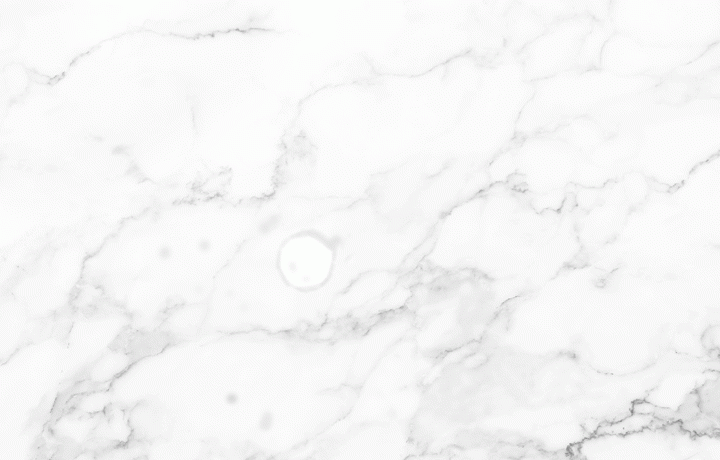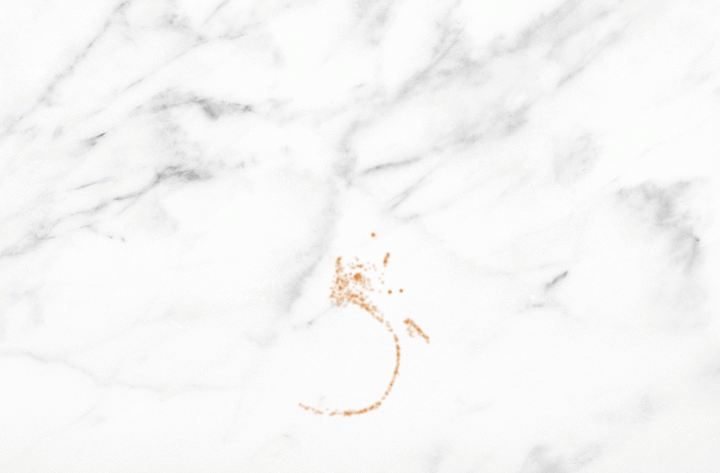
Table of Contents
Homeowners looking to add natural beauty to their spaces often choose marble countertops. With the wide range of colors and styles available, choosing marble countertops will not leave you limited. From light to dark, solid to elegant veins, you will be able to find something suitable for your home.
While it may sound like an ideal surface for any home (and in many ways it is), this gorgeous natural stone does not come without its downfalls. In the case of marble, one of these downfalls is etch marks.
[get_quote]
What is an Etch on a Marble Countertop?
Marble is made up of calcium carbonate. When acid interacts with the stone, it can cause dull spots and discoloration on your marble. These dull spots are referred to as etches.
What Can You Do About Marble Etching?
How you can deal with marble etching will depend on your specific situation. Is your marble already etched or are you looking to prevent a problem before it occurs? If your situation aligns with the latter of the two, you are in luck. While marble does need more care than some other countertop materials, putting in the effort to properly maintain your stone can go a long way toward keeping it in great shape. Understanding how to prevent marble etching starts with knowing what to avoid around your marble surface.
How Are Etches Caused on Marble?
Etching can be the result of many household products. These can include lemon juice, orange juice, coffee, tea, wine, soda and any other acidic substances. As far as cleaning products go, bleach and any other acidic cleaners should be avoided. An important bit of information to take away from this section is that you should never use anything that is acidic to clean your marble countertops and you should try to avoid spilling any acidic substances on the surface. Although your marble should be sealed, taking as much caution as possible will help prevent any dull marks from occurring.
| Substances | Cleaners |
|---|---|
| Lemon juice | Bleach |
| Orange juice | Vinegar |
| Coffee | Citrus scented products |
| Tea | |
| Wine | |
| Soda |
Why Is It Important to Seal Marble?
Sealing marble (and any natural stone for that matter) is very important. Although it is not guaranteed to totally prevent etching on marble, if your marble surface is adequately sealed, it will certainly be less likely to become etched.
What Do You Do if Your Marble is Already Etched?
If your marble countertop or other surface is already etched, you have a few options. These options are explained in further detail below.
Option 1: Do Nothing
While this may sound like it shouldn’t be an option, it is. Although etches are not ideal on your marble surfaces, you can certainly opt to just leave it as is. Some homeowners even feel that a little etching gives the marble character.
Option 2: Use Marble Polish
You can try to polish your marble to get rid of the etch, although there is no guarantee that this will work. Make sure to use a product that is suitable for use on natural stone, such as this one.
Option 3: Hire a Professional
If your marble countertop is so badly etched that you cannot remove it yourself and also do not want to leave it as is, you will need to hire a professional to take care of it. There are experts who specialize in marble restoration.
| Do nothing |
| Use marble polish |
| Hire a professional |
Frequently Asked Questions
Is Sealing Marble a DIY Job?
Yes, re-sealing your marble is a DIY job. There are plenty of sealers on the market that are great for marble.
[get_quote]
How Do You Get Stains Out of Marble?
Removing stains from marble will begin by determining what type of stain you are dealing with. Water stains, water marks and/or water spots can require different care than oil-based stains. In general, most stains can be removed by using a poultice.
By practicing simple stone care habits, like using coasters and cutting boards, you can make sure your marble looks terrific for years on end. From a marble kitchen countertop to a marble vanity top or backsplash, treating these stone surfaces well can leave you satisfied with your investment. This guide will help you know what etching is, what can cause it and how to go about treating it.
















 The article helped me immensely
The article helped me immensely
 I’m now more informed on the subject
I’m now more informed on the subject
 I have questions about Marble.com
I have questions about Marble.com
 The article was not accurate at all
The article was not accurate at all
 There is a serious lack of information
There is a serious lack of information
 I have questions about Marble.com
I have questions about Marble.com